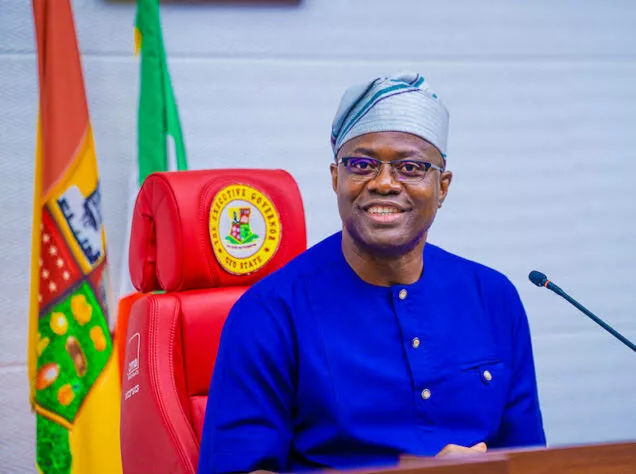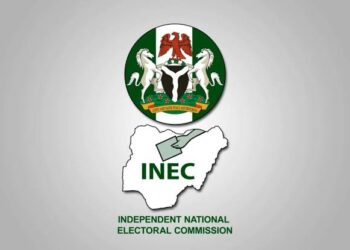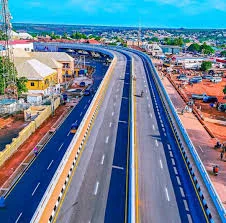Some political analysts, on Wednesday, advocated for electoral reforms at the local government level in order to eradicate what they called ‘winner takes all’ syndrome in the conduct of local government elections.
The political analysts, who spoke with the News Agency of Nigeria (NAN) in Ibadan, said the call had become necessary in view of the major roles being played by party favouritism in the outcome of council elections in the country.
NAN reports that the local government conducted in Oyo State on April 27 saw the ruling People’s Democratic Party (PDP) winning all the chairmanship and councillorship seats in the 33 local government areas of the state.
The situation was also the same in Gombe where the ruling All Progressives Congress (APC) cleared all the 11 local governments in the council elections held in the state same day.
According to Prof. Abubakar Oladeji, of Nigerian Institute of Social and Economic Research (NISER), for things to get better at the local government level, there must be reform at the local government level.
Oladeji said that local government election was crucial to good governance, hence the need to address some of the challenges and setbacks currently being experienced by the third tier of government.
Oladeji insisted that State Independent Electoral Commissions (SIECs) had the constitutional mandate of conducting local government election which should not be taken over by INEC as being suggested in some quarters.
“The fact that there are some anomalies in the conduct of local government elections in most states doesn’t mean such mandate should be taken away from SIECs and given to INEC.
“This is because INEC is already saddled with lots of responsibilities,” Oladeji, who is the head, Political and Governance Policy Department, said.
He noted that local government elections had always been in favour of the ruling party in the country.
In correcting the anomalies, the political scientist said that the issue of funding for SIECs must be addressed.
“We need restructuring in all areas of our national life in Nigeria,” he said.
According to him, the same principle guiding the appointment of electoral umpires at the national level also applies to the state electoral commissions.
He underscored the need for non-partisanship in the appointment of state electoral umpires to ensure their independence and neutrality.
Recounting his experience during last Saturday’s local government election in Oyo State, Oladeji said he was disappointed in conduct of the polls.
“In the area where I registered, I could say that there was no election and the same thing was recorded in other areas.
“As at 3 p.m, the electoral officials had not arrived and yet, results were declared from that polling unit,” he said.
Oladeji, however, noted that, that had always been the case with local government elections by successive governments in virtually all the states of the federation.
Another political scientist, Prof. Michael Oni, of Babcock University, Ilisan-Remo, Ogun, described local government elections in Nigeria as ‘no election at all’.
This, he said, was because the electorate usually believed that the outcome of the election would be in favour of the ruling party in the state, adding, “And as such, they would see no need for wasting their time and energy.”
“My conclusion is that people should be blamed, and not the government.
“If everyone had come out on the day of election to show the government in power they cannot do what they like, maybe the situation could have been different,” Oni said.
He was also of the opinion that INEC should and could not handle local government elections, as it falls with the purview of the state government.
“Asking INEC to conduct the local government election would amount to facing two challenges: first, the governors will not support it because of their selfish interest and may, therefore, use legislators to vote against it,” he added.





